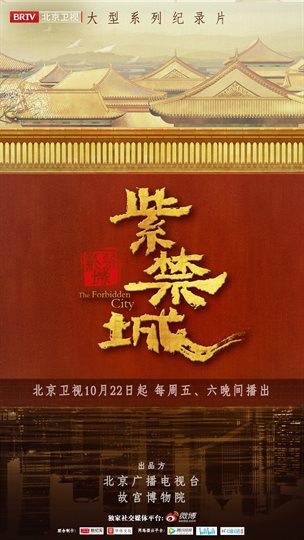50FPS版 / The Forbidden City
On November 14, 1908, Emperor Guangxu passed away in the Hanyuan Hall of the Lingtai in Zhongnanhai. 22 hours later, Empress Dowager Cixi died of illness in the Yiluan Hall of Zhongnanhai. After ruling China for nearly half a century, she left the variables of political reform to the Forbidden City and a 3-year-old emperor. On December 2, 1908, Puyi ascended the throne in the Hall of Supreme Harmony and became the last emperor of China, with the reign title of Xuantong. At this time, the revolutionary wave in China outside the Forbidden City was surging.
While the imperial system was struggling to survive in the Forbidden City, in the far south, the revolutionaries led by Sun Yat-sen were organizing armed uprisings again and again with great fighting spirit, determined to burn their boats and hope to completely overthrow the Qing Dynasty. However, the revolutionary situation outside the Forbidden City did not bring any substantial changes to the people inside.
Before Puyi ascended the throne, in 1904, the two imperialist countries of Japan and Russia fought a war on Chinese soil for the Korean Peninsula and Northeast China, and Japan was the winner. This victory was considered a victory of constitutionalism over autocracy, and the constitutionalists took this opportunity to spread the word to the Chinese people: autocracy will perish, and constitutionalism will make the country strong. However, three years after Puyi ascended the throne, the belated list of the "Imperial Cabinet" made the constitutionalists extremely disappointed, and some of them gradually turned to support the revolution, or completely became revolutionaries.
On October 10, 1911, the Eighth Regiment of the New Army of the Qing government mutinied and the Wuchang Uprising broke out. This cannon shot marked the beginning of the Revolution of 1911. The constitutional path that had been followed for several years suddenly turned to the direction of a republican system. This major turning point that changed the course of Chinese history was suddenly completed.
On February 12, 1912, Emperor Xuantong Puyi abdicated, and the Qing Dynasty and the feudal imperial monarchy that had lasted for more than two thousand years came to an end. Yuan Shikai replaced Sun Yat-sen as the provisional president of the Republic of China.
The people did not understand the Republic, and the imperial family in the Forbidden City was even more confused. When the six-year-old Puyi abdicated, he was still allowed to live in the Forbidden City according to the agreement. The changing China has been condensed into a strange scene in the Forbidden City: it is divided into two, with Qianqingmen Square as the boundary, the first half belongs to the Republic of China, and the second half belongs to the imperial family.
After Yuan Shikai's death, no one was able to integrate and dominate the entire China. In addition, the imperialist forces in China were reshuffled, and all countries intended to divide China. Due to the combined effects of internal and external factors, China fell into a period of warlord separatism. The control of the Beiyang government was successively held by the Anhui, Zhili, and Fengtian warlords. In the short 17 years from 1912 to 1928, 14 people successively served as president or acted as president. The Forbidden City silently watched the chaotic political situation in which various parties appeared on the stage, and this turbulent era would completely end the identity of a royal palace.
At about nine o'clock in the morning on November 5, 1924, Puyi and Empress Wanrong, who were in Chuxiu Palace, were suddenly asked to leave the Forbidden City. The last owner of the Forbidden City was forced to leave, with half an apple left on the kang table. Thus, the history of the Forbidden City as a royal palace came to an end.
The Revolution of 1911 made the concept of democracy and republic deeply rooted in the hearts of the people, and promoted the national ideological emancipation and social change in China with great shock and influence. Since then, China has overcome many difficulties and made arduous explorations, waiting for the dawn and the advent of new changes in the darkness again and again.










































